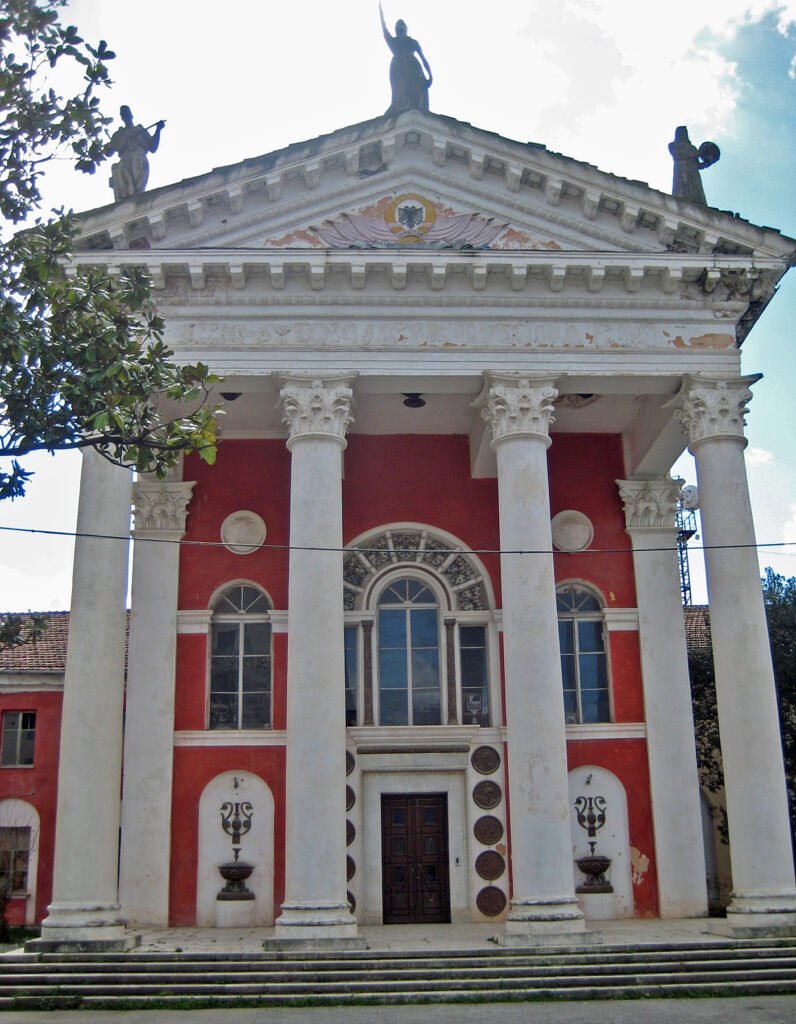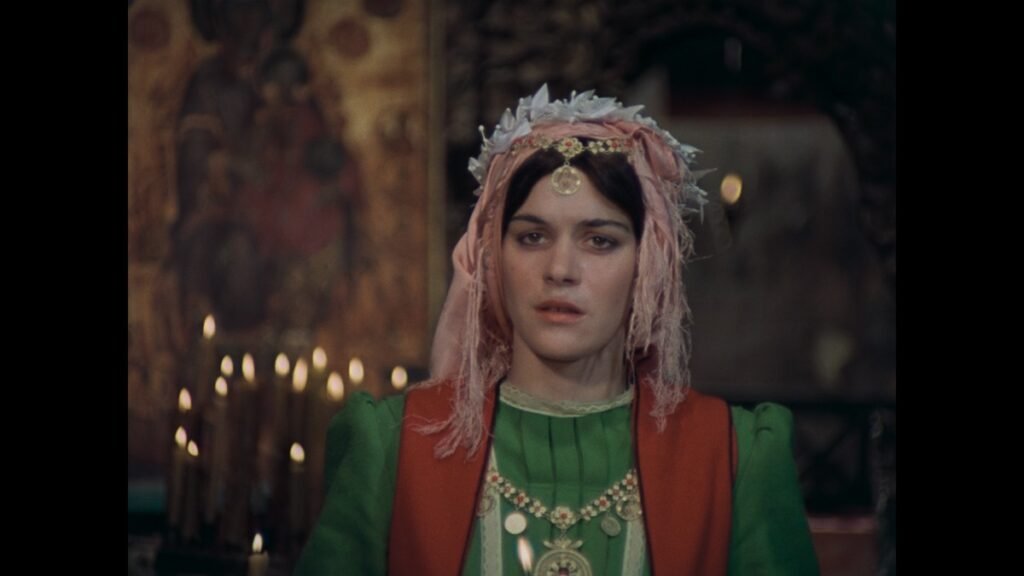Cinema of Albania
Kinostudio Era
The Socialist Albania represents the golden era of Albanian cinema. The regime invested heavily in developing a remarkable cinema industry, ranging from scripting, producing and distributing its movies. It was also the product of a socialist exchange: thanks to the help of the Soviet Union, Albania was able to build this industry, useful for means of propaganda but also constituting a means of mobilization for an illiterate population at the beginning of the socialist years in the 1940s and 1950s.
This was well studied by Elidor Mëhilli in his book “From Stalin to Mao: Albania and the Socialist World“, although you can also read his paper “Globalized Socialism, Nationalized Time: Soviet Films, Albanian Subjects, and Chinese Audiences across the Sino-Soviet Split“. You’ll discover how Albanian movies had a captive market for its movies in China during the Chinese Cultural Revolution.
For a deep dive about Albanian cinema during the socialist years, you can read Bruce Williams’ “Albanian Cinema through the Fall of Communism” (2023) : a well-documented analysis of the movies produced by Kinostudio.
Socialist Albania’s Kinostudio

Contemporary Albanian Movies
The fall of the regime and the transition period marked the decline of Albanian cinema, a real industry until then. The Albanian Academy of Arts was now able to submit films to the American Academy Awards.
| Year | Film title | Original title | Director |
| 1996 | Kolonel Bunker | Kolonel Bunker | Kujtim Çashku |
| 2001 | Slogans | Parullat | Gjergj Xhuvani |
Slogans (2001) is a French-Albanian production that was the first Albanian to be projected during the Cannes festival. It is based on Ylljet Aliçka’s short story The Stone Slogans.
Restored Kinostudio Movies
Young and older Albanians are used to seeing the classic movies from Kinostudio pass on its national television RTSH regularly, albeit in poor quality, which ultimately are the versions one can find online, recordings made by passionate individuals and shared with the world. However, in the very recent years, the Albanian State Archive has been leading an effort restoring its movies into 4K quality. The restoration is usually made by Italian or Hungarian studios.
In a very surprising fashion, the movies are uploaded on Youtube using non-public links, and sometimes turned into private links. It seems strange that movies produced during the Communist regime would be then kept from free and open access of the general Albanian public, let alone individuals curious about Albanian cinema. Albanian culture, like any culture, should be free and open, placed under a Creative Commons license.
Lulëkuqet mbi mure (1976)
One of the greatest Albanian movies of Kinostudio: Red Poppies on the Wall, by Dhimitër Anagnosti.
A Tale from the Past (1987)

Përrallë nga e kaluara (1987) is an incredibly modern and progressive tale. Based on the book A Bridegroom at Fourteen by Andon Zako Çajupi written in 1902 but published in 1930, this movie is a beautiful story about childhood and adulthood, love, exploitation and of course emancipation of Albania. It is a tale universal in time for Albania.
The movie was restored and published in December 2022. You can find it online.
The Captain (Kapedani) (1972)
Kapedani (The Captain) is one of Albania’s most celebrated comedies from the communist period, directed by Fehmi Hoshafi and Muhharem Fejzo in 1972. In a nation where only sixteen comedies were produced out of 286 films during this era, Kapedani stands out, humorously yet critically exploring themes of gender and generational conflicts. Both directors were purely trained in Albania, contrarily to Gjika and Anagnosti.
The protagonist, Sulo, a retired military officer, struggles with the concept of women in leadership and modern societal roles, especially after a woman is appointed as the leader of the collective farm. Through dream sequences and comedic misadventures, Sulo confronts and eventually adapts to the progressive changes around him. The film presents an idealized vision of gender equality, depicting women and men contributing equally to labor based on ability, not gender. Kapedani thus offers a unique glimpse into the evolving cultural norms of Albania, reflecting the ideological push for gender equality in a style accessible to a broad audience.